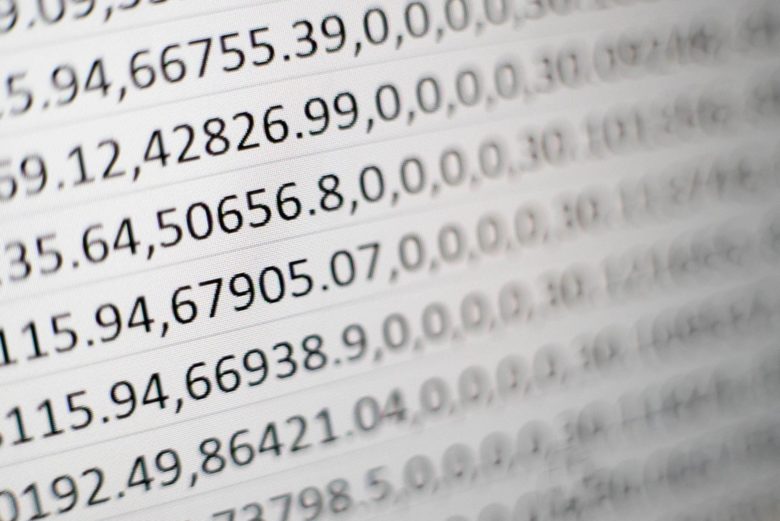There are tiny bits of technology that make activities such as browsing the internet not only possible but easy as well. And the absence of certain features would make it highly unlikely to connect and interact with the internet and the many servers.
One such feature is the internet protocol (IP) address which is uniquely assigned to each internet user and allows for easy identification of people. Another highly important technology is the user agent.
The many types of user data play a role similar to that of IP addresses – to help each device stand out on the internet and aid in their easy identification – but do so in a very different manner.
Together, both tools help to make connection and communication between users and the internet easy and seamless, and inside this article, we will see what the most common user agents are as well as learn how using them can help us avoid getting banned or blocked on the internet.
What is A User Agent?
A user agent is defined as a string carried along in the request header that provides the information needed to identify each device on the internet. It is a line of data carried along every time you send out a request. The data includes everything from the device’s operating system to the browser being used to make the request.
Because the information is made up of browser, type of device, and operating system, it becomes quite possible for the information to be unique enough to each user. That is, the internet can use the data to know exactly which device is making which request.
This is good for many reasons. First, this piece of software must be present before users can be allowed access to servers and websites. Secondly, a user agent is necessary to facilitate smooth interaction with web content. And lastly, it helps the target destination know, unmistakably, what device to return which result.
Sadly, this technology also carries inherent problems such as getting blocked by websites when the same user agent is used repeatedly. The agent header, which contains the three information above plus additional comments by the browser such as platforms and release version, can also become the very thing that servers target during the restriction, just like the IP address.
What Is Web Scraping?
A web scraping process can be defined as using technology to automatically harvest useful and relevant data from multiple sources simultaneously. It involves collecting data from places such as websites, servers, marketplaces, and social media handles. Harvesting data manually was once a thing but has now become obsolete because the task is tedious and prone to too many human errors.
Today, sophisticated software is employed in collecting data from millions of web pages at once and then saved up in some local storage unit for analysis and use. And there are several ways this data can be put to use, including setting up price intelligence and dynamic pricing, brand and price monitoring, market research and analysis, lead generation and so on.
Challenges of Web Scraping
Web scraping is an easy and fast way for businesses to gather important user data. However, it can be easily influenced by certain challenges such as:
- Anti-scraping Measures
Many websites are free to visit but extracting a large amount of data from them is not tolerated. They, therefore, put up measures to derail people from extracting their data. These measures can sometimes be anti-bot practices set up to disallow bots from interacting with their contents.
- Use of CAPTCHAs
CAPTCHA tests are similar to anti-bot practices and usually put up to separate humans from bots. The test involves simple word or image problems that are easy for humans to identify and interpret but difficult for machines to pass and can prove a serious challenge for basic web scraping scripts.
- Regular Structural Changes
Websites regularly change their structures and other features to keep up with technological advancement in UI/UX. This can turn into a challenge for web scraping as a scraper designed to scrape a certain type of structure may have a hard time doing its job when that web structure has been altered.
- Frequent Bans
IPs and user agent bans are common challenges that people often face during web scraping. Websites can target and restrict devices that have been observed to be performing repetitive actions (which is precisely what web scraping is). In most cases, it is either the IP or user agent used to identify such devices.
Using the Most Common User Agents to Overcome Web Scraping Challenges
The challenges above may be dire, but it is possible to overcome them using the most common user agents using the following tips:
- Always use a real user agent as websites can easily identify and ban default or wrong user agents
- Never repeat user agents; rotate them as often as possible
- The best way to rotate user agents is by using a proper proxy which is widely known for rotating IPs, proxies, and locations as well
Conclusion
Web scraping for data is important as the absence of sufficient user data collected in real-time can greatly inhibit a brand’s growth. User agents play a central role in sending out requests during scraping. Even though several challenges are involved in web scraping, user agents can be easily used to resolve them.
Article by Born Realist






